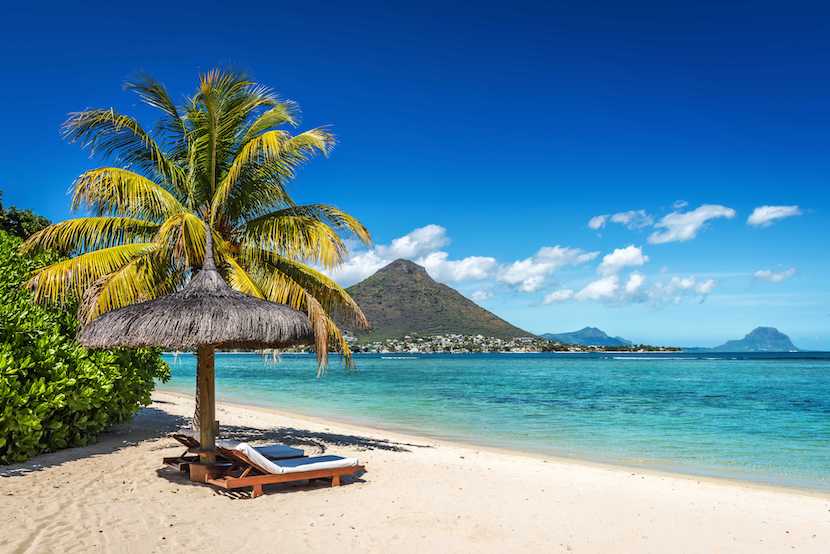More and more South Africans are eyeing property investment and relocation to Mauritius as the island continues to introduce changes to make it an attractive investment and residence choice, against the backdrop of the collapse of property investments on home soil.
Gavin Butchart
Mauritius started to relax restrictions with a phased approach and opened its borders last week to vaccinated travellers (for now, excluding South Africans) and will open further from October 2021 to fully vaccinated travellers, subject to a negative PCR test 72 hours prior to boarding, welcoming holiday makers, residents, investors and travellers back to the island.
Unlike the local market, where property values have largely stagnated and declined in many regions, in 2018 property prices in Mauritius were 133% higher than in 2010 and continue to grow.
The recent 2021/2022 annual budget presented by Dr. the Hon. Renganaden Padayachy, Minister of Finance, Economic Planning and Development in June 2021 also seems to support the move to relaxing the entry for foreigners and their families to the island with the Economic Development Board (EDB) calling this budget “Better Together” and could potentially open a whole new world for Mauritius and foreign investors.
Below are some of the highlights from the recent budget speech.
Gross Direct Investment (Inflows) for 2019 stood at Rs 21 billion while for the first 3 quarters of 2020 (Jan-Sept) were Rs 9 billion, contributing largely towards Real Estate Activities and Financial & Insurance Activities. In terms of markets, France and South Africa represent the main sources of foreign direct investment flows, ensued by USA, UK, Switzerland, UAE, and India.
Mauritius lost 17.9 percentage points of GDP growth, contracting by 14.9% in 2020. International projection for the country is optimistic, with strong recovery anticipated in the medium term. The African Economic Outlook, issued in March 2021, projects GDP growth to stand at an average of 7.1% for the next two years while the IMF WEO issued in April 2021, estimates a growth rate of 6.6% for the year 2021.
Despite facing a depreciation of the rupee, the headline inflation rate for the year ended 2020 stood at 2.5% with a Consumer Price Index of 106.1 in December 2020, while headline inflation for the 12-months ending May 2021 worked out to 1.8%. The IMF WEO, issued in April 2021, expects to resume an upward trend for inflation rate at 2.6% in 2021.
Source: EDB Budget 2021/22
A new strategy will be adopted whereby Mauritius is seeking to attract new talents through amending the various permits on offer to foreigners in association with the EDB and MTPA to achieve that Mauritius is the preferred destination for retirees and long term stay tourism.
The challenge that Mauritius is currently facing is a no growth population the last few years with fertility rate of 1.4% and an aging population. This has resulted in a gap in the workforce and the country has no other choice to open skills and market force to foreign nationals in order to invest, work and live in Mauritius. There are currently around 6,400 active occupation permit and residence permit holders in Mauritius, representing only 4% of the resident population as compared to Singapore (37%), New Zealand (22%) and Luxemburg (47%).
Below are some proposed changes to the immigration laws of Mauritius which makes it a lot more attractive to attract new talent, new investors to start/continue life in Mauritius.


